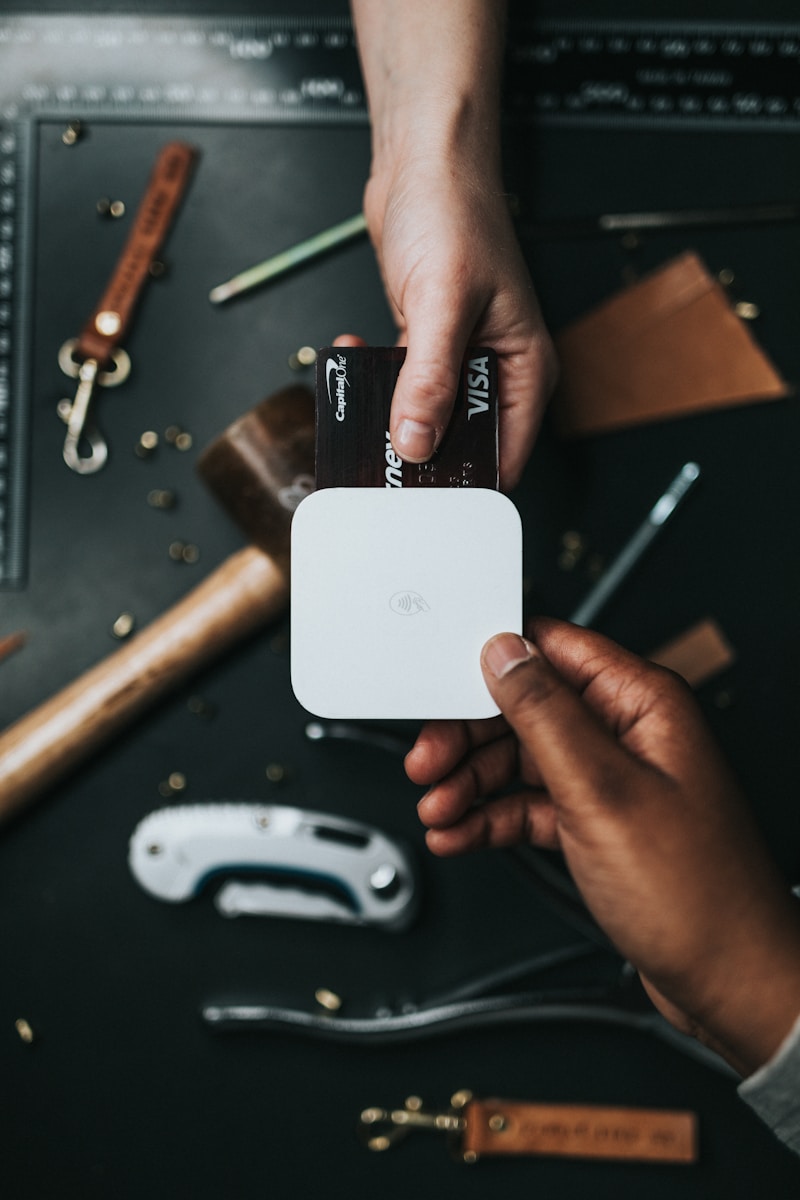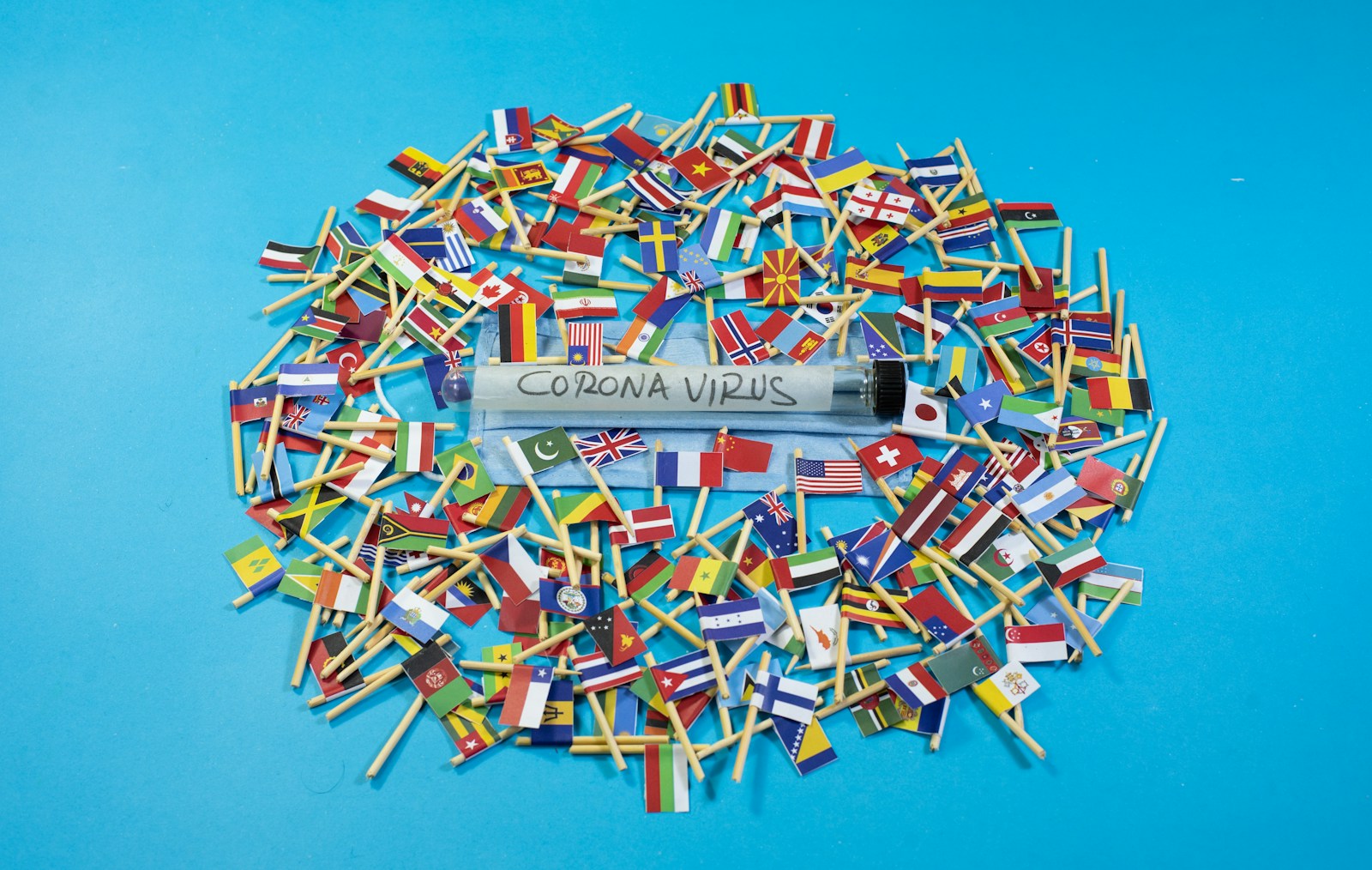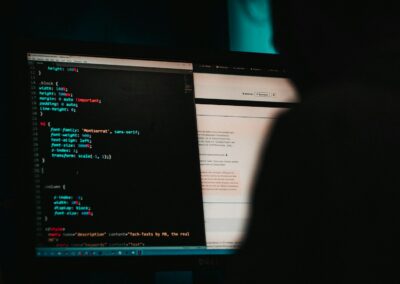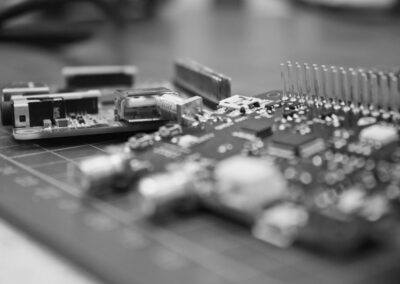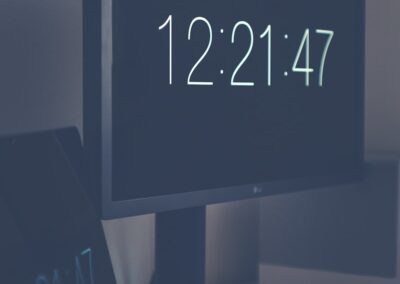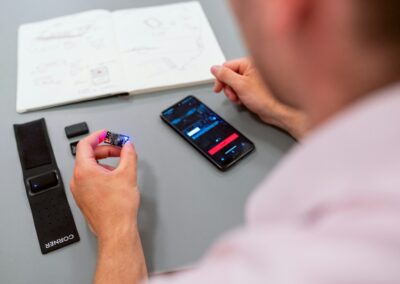The Role of Open-Source IoT Platforms in Expanding Accessibility
Democratizing IoT Solutions through Open-Source Platforms
The creation of open-source IoT platforms and frameworks has significantly impacted the accessibility and innovation of IoT solutions. By providing developers with open-source tools, the barriers to entry for creating and deploying IoT applications have been lowered, allowing more individuals and organizations to participate in the IoT ecosystem. This democratization of IoT has been particularly beneficial in regions like Saudi Arabia and the UAE, where technological advancements are rapidly being integrated into various sectors.
Open-source IoT platforms such as Arduino, Node-RED, and Eclipse IoT have enabled developers to experiment, innovate, and deploy IoT solutions without the high costs associated with proprietary systems. These platforms offer extensive libraries, community support, and modular architectures that simplify the development process. For entrepreneurs and businesses in Riyadh and Dubai, leveraging these open-source tools means they can bring innovative IoT products to market faster and more cost-effectively, fostering a vibrant tech landscape.
Driving Innovation with Collaborative Development
The collaborative nature of open-source IoT platforms has also been a catalyst for innovation. By allowing developers from around the world to contribute to and enhance IoT frameworks, a rich repository of knowledge and best practices is created. This collective intelligence accelerates the development of new features, improves security, and ensures that the platforms remain cutting-edge. In Saudi Arabia and the UAE, where fostering innovation is a national priority, open-source IoT initiatives align perfectly with governmental and private sector goals.
Businesses in these regions are increasingly adopting open-source IoT frameworks to develop smart city solutions, enhance healthcare systems, and improve industrial processes. The ability to customize and extend these frameworks means that solutions can be tailored to meet specific local needs, driving regional innovation and competitiveness. This approach not only boosts the local tech industry but also positions Riyadh and Dubai as leaders in the global IoT landscape.
Enhancing Business Success with Open-Source IoT
For business executives and mid-level managers, the adoption of open-source IoT platforms offers a strategic advantage. By integrating open-source IoT solutions, companies can optimize operations, enhance product offerings, and improve customer experiences. The cost savings and flexibility associated with open-source frameworks allow businesses to invest more in innovation and less in licensing fees, thus driving overall business success.
In the competitive markets of Saudi Arabia and the UAE, where digital transformation is a key focus, leveraging open-source IoT platforms can be a game-changer. Companies can quickly adapt to market demands, experiment with new business models, and deliver cutting-edge solutions that meet the evolving needs of their customers. This agility is crucial in maintaining a competitive edge and achieving long-term growth in the dynamic business environments of Riyadh and Dubai.
Fostering Innovation through Open-Source IoT Frameworks
Accelerating Technological Advancements with Open-Source Frameworks
The creation of open-source IoT frameworks has had a profound impact on accelerating technological advancements. These frameworks provide a foundation upon which developers can build innovative solutions, integrating emerging technologies such as Artificial Intelligence (AI), Blockchain, and The Metaverse. In Saudi Arabia and the UAE, where there is a strong emphasis on technological leadership, open-source IoT frameworks play a crucial role in driving forward-thinking initiatives.
Frameworks like OpenHAB, Kaa IoT, and ThingsBoard offer robust features and flexibility, enabling the development of sophisticated IoT applications. By incorporating AI, these frameworks can analyze vast amounts of data in real-time, providing valuable insights and enabling predictive maintenance, smart automation, and enhanced user experiences. Blockchain integration ensures data integrity and security, which is essential for sensitive applications in sectors like finance, healthcare, and smart cities.
Encouraging Entrepreneurial Growth and Innovation
Open-source IoT frameworks also encourage entrepreneurial growth by providing startups and small businesses with the tools they need to innovate. In Riyadh and Dubai, where the entrepreneurial spirit is thriving, access to these frameworks allows new companies to develop unique IoT solutions without the prohibitive costs of proprietary technologies. This accessibility promotes a culture of experimentation and innovation, leading to the creation of novel products and services that address specific market needs.
Entrepreneurs can leverage open-source IoT frameworks to quickly prototype their ideas, iterate based on user feedback, and bring their products to market. This rapid development cycle is crucial for staying competitive in fast-paced industries. Additionally, the global community support associated with open-source projects means that entrepreneurs have access to a wealth of knowledge, best practices, and collaborative opportunities, further enhancing their ability to innovate and succeed.
Building a Sustainable IoT Ecosystem
The impact of open-source IoT frameworks extends beyond individual innovations to the creation of a sustainable IoT ecosystem. By promoting open standards and interoperability, these frameworks ensure that IoT solutions can work seamlessly together, creating a cohesive and scalable infrastructure. In the context of smart cities like Riyadh and Dubai, this interoperability is essential for integrating various IoT applications, from traffic management and energy efficiency to public safety and healthcare.
The use of open-source frameworks fosters a collaborative environment where different stakeholders, including government agencies, private companies, and academic institutions, can work together to address complex challenges. This collaborative approach ensures that IoT solutions are not only innovative but also practical and sustainable. By building on open-source foundations, Saudi Arabia and the UAE can continue to lead in the development of smart cities and advanced IoT solutions, setting a benchmark for other regions to follow.
Conclusion
In conclusion, the creation of open-source IoT platforms and frameworks has dramatically enhanced the accessibility and innovation of IoT solutions. By lowering barriers to entry, fostering collaboration, and driving technological advancements, these frameworks have empowered businesses and entrepreneurs in Saudi Arabia, the UAE, Riyadh, and Dubai to develop cutting-edge IoT applications. As the IoT ecosystem continues to evolve, the adoption of open-source frameworks will remain a key driver of innovation, business success, and technological leadership in these dynamic regions.
—
#OpenSourceIoT #IoTPlatforms #IoTFrameworks #AccessibilityInIoT #InnovationInIoT #ArtificialIntelligence #Blockchain #TheMetaverse #GenerativeAI #ModernTechnology #BusinessSuccess #LeadershipSkills #ProjectManagement






